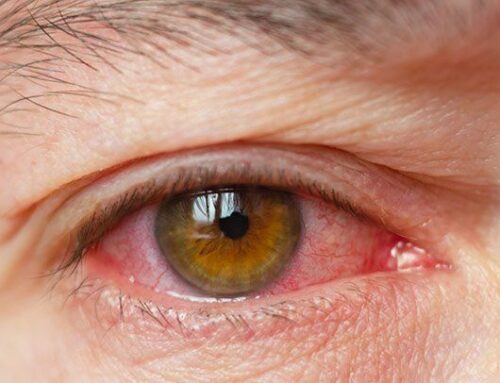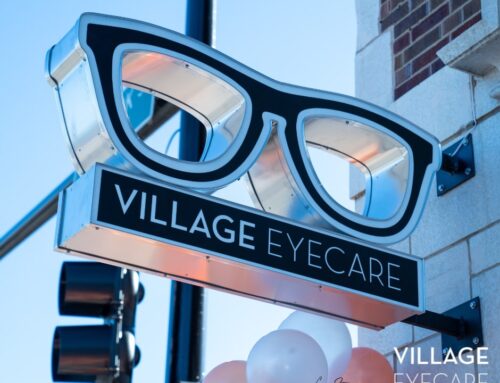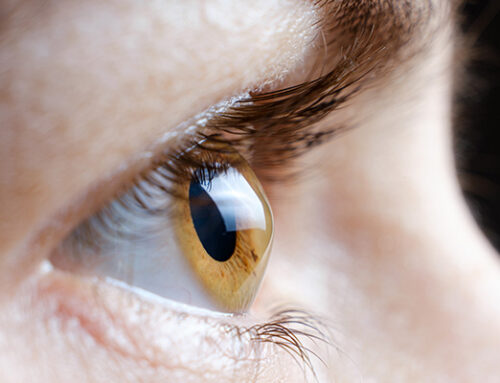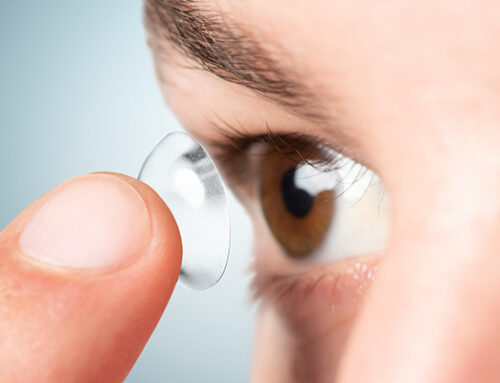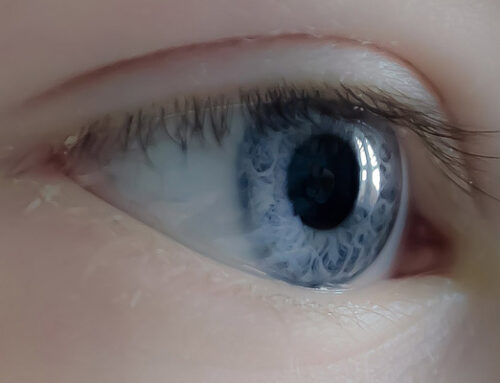Vision Tips to Improve Nighttime Driving

Vision Tips to Improve Nighttime Driving
Whether you have an early-morning commute or you spend a lot of time driving kids around in the evenings, it is important that you are aware of your vision in the low light conditions. Many people find it difficult to see the road in the dark, making it a challenge to drive your car without putting your family at risk.
Distractions on the Road at Night
Even if you are used to seeing blurry images and halos at night, you shouldn’t push through without talking to an optometrist. Impaired night vision can get worse when you are distracted by lights, other cars, street lamps, and traffic signals. To make matters worse, there are other distractions in your car that need to be avoided: cell phone notifications or changing the radio.
Keep in mind that a few seconds of distracted driving could result in a serious accident. So, it is important that you are careful to support your vision and talk to an eye doctor about your concerns.
Why Night Driving Gets Harder with Age
It is common for people to notice that their night driving gets worse with age. Changes happen in the eyes with time, resulting in a negative impact on your vision. If you are over the age of 40, then it is likely that you are starting to experience some of these changes.
What is happening in the eye? Age reduces the number of rod cells in the eyes. These cells are essential to picking up small amounts of light to support vision. At the same time, the light receptors are unable to regenerate as quickly as they could when you were younger. Simultaneously, eye lenses become cloudy and stiff, which can impact focus and clarity.
Protecting Your Vision in the Later Years of Life
The best time to protect your vision is in the earlier years of your life. Even if you have 20/20 vision right now, keep in mind that your habits and lifestyle choices could impact your vision in the future. For example, spending too much time in front of a screen without protecting your eyes could result in digital eye strain, that leads to blurred vision and other issues.
Dietary choices also make a difference. Choose healthy ingredients that provide the building blocks and antioxidants that are needed for good vision: fresh fruits and vegetables, lean protein, essential fatty acids, and more. Not only do these food choices reduce the risk of eye disease, but they also help to reduce the risk of diabetes. Many eye diseases are associated with chronic health conditions, such as diabetes. So, you can protect your visual health by eating healthy foods to reduce the risk of these health problems.
Regular Appointments with a Chicago Optometrist
Don’t overlook the importance of regular appointments with an eye doctor. Your optometrist can help you identify the best vision correction lenses so that you can stay on the road and improve your safety when driving at night.
Learn more by scheduling an eye exam at one of our four Chicago office locations. Call Village Eyecare if you have questions about the services that are available.



